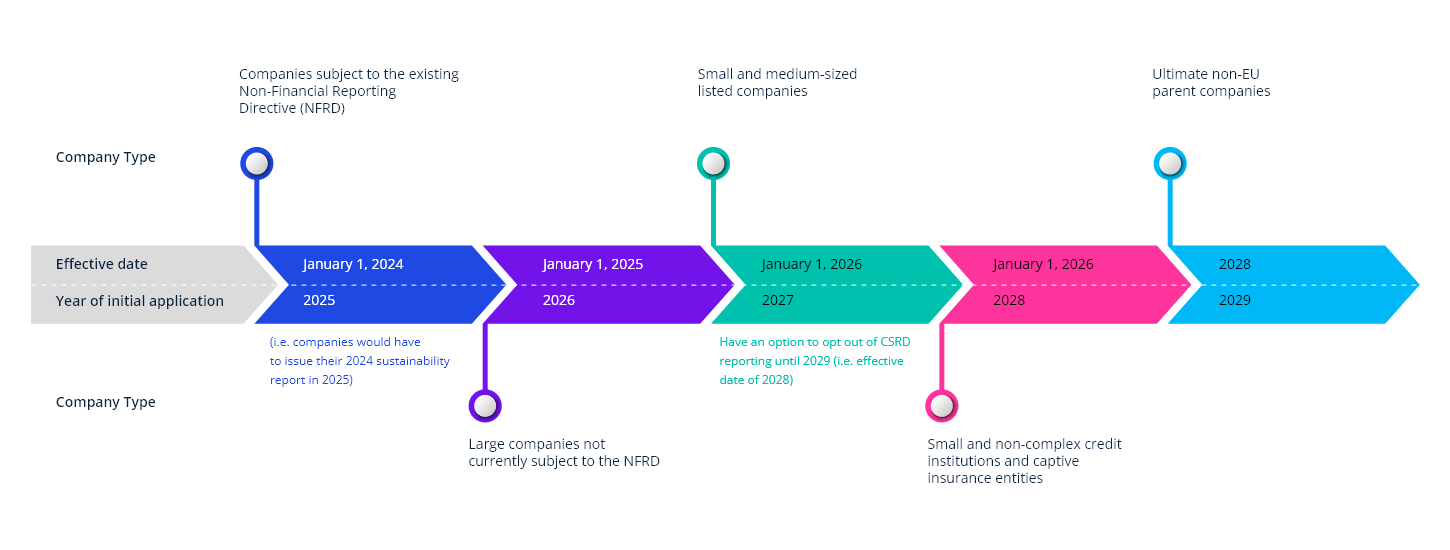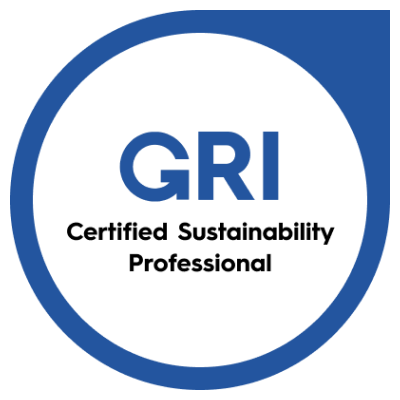INSIGHTS
Sustainability Reporting
WHAT IS SUSTAINABILITY REPORTING?
A sustainability report is a comprehensive, accurate and balanced document that showcases how an organisation is contributing to sustainable development, and how it is identifying and addressing its most significant impacts on the economy, environment, people, and human rights.
It highlights the organisation’s accountability for its business activities and relationships. It shows how the organisation is managing its most significant impacts, how it is creating competitive advantages, and how it is creating shared value for its stakeholders. A clear, concise, and easy-to-read sustainability report is crucial in effectively communicating with stakeholders.
GRI is the gold standard globally for sustainability reporting; and according to the 2022 KPMG Survey of Sustainability Reporting (published in October 2022) it concluded that the GRI Standards are the world’s most widely used, adopted by 73% of the largest 250 global companies, and by 68% of a wider sample of 5,800 businesses around the world. The GRI Standards are also the world’s most complete set of sustainability reporting standards for responsible business conduct, which links disclosures with the UN Sustainable Development Goals, the Organisation for Economic Co-operation and Development (OECD) Guidelines for Multinational Enterprises, the UN Guiding Principles on Business and Human Rights.

Furthermore, under the terms of a Memorandum of Understanding, signed in 2010, the UN Global Compact adopts the GRI Standards as the recommended sustainability reporting framework.
WHY SUSTAINABILITY REPORTING?
The demand for sustainability reporting services is increasing due to the growing interest and demands of investors, customers, consumers, employees, and other stakeholders in business sustainability issues that have significant impacts on the economy, environment, people, and human rights.
It is also critical that sustainable business strategies are not perceived by stakeholders as ‘greenwashing’ and that the process of sustainability reporting is not simply a ‘box ticking’ exercise, but rather a genuine opportunity for organisations to show that they are responsible, accountable, and taking actions to become more sustainable. In addition, more urgent UK Government backed strategies to achieve a net zero economy by 2050, and mitigate climate change, are increasingly pushing organisations to disclose, report, and manage their environmental, social, and governance (ESG) issues.
This has increased the demands on organisations for compliance with new sustainability regulations and directives. The EU’s Corporate Sustainability Reporting Directive (CSRD), formally adopted by the European Council on 28 November 2022, is transforming sustainability reporting by introducing new EU legislation which makes the European Sustainability Reporting Standards (ESRS) mandatory from 1 January 2024.
TIMELINES
As shown below, from 1 January 2024, almost 50,000 companies in the EU will be subject to mandatory sustainability reporting requirements, including non-EU companies, which have subsidiaries operating within the EU or are listed on EU regulated markets.
EU companies (incl. non-EU subsidiaries in the EU) CSRD Timeline

Source: KPMG in the UK Website

Source: KPMG in the UK Website
GRI has hailed the European Sustainability Reporting Standards (ESRS) as an important step towards implementing the Corporate Sustainability Reporting Directive (CSRD) and holding companies operating in the EU market accountable for their impacts.
Since July 2021, when the EFRAG-GRI Cooperation Agreement was signed, GRI has worked very closely and actively engaged in the development of the ESRS, from the initial phase lead by the Project Task Force through to the collaboration with the Sustainability Reporting Board (SRB) and Technical Expert Group of EFRAG (formerly known as the European Financial Reporting Advisory Group). The work concentrated on ensuring optimal interoperability between the global GRI Standards and the European ESRS (GRI Website).

